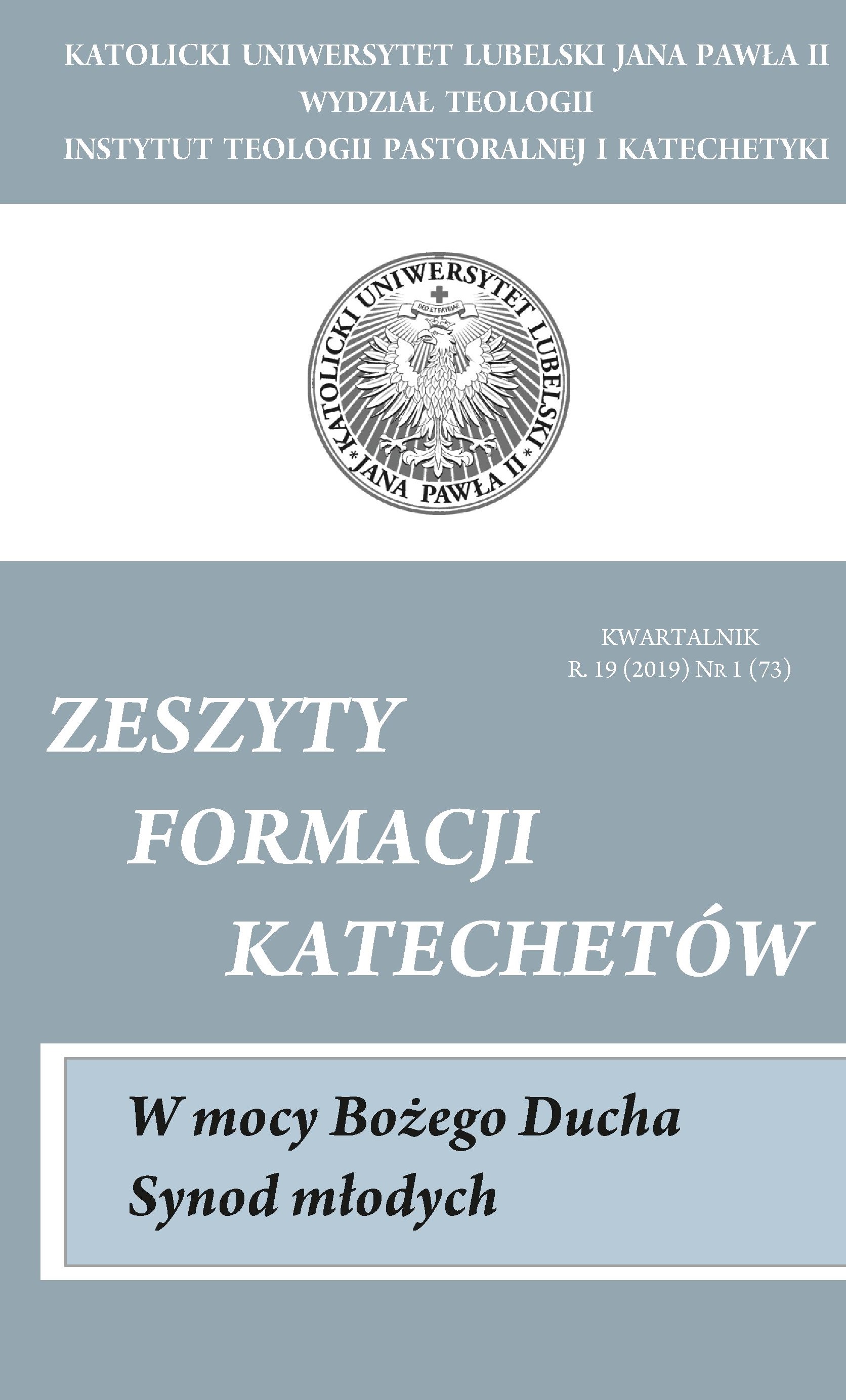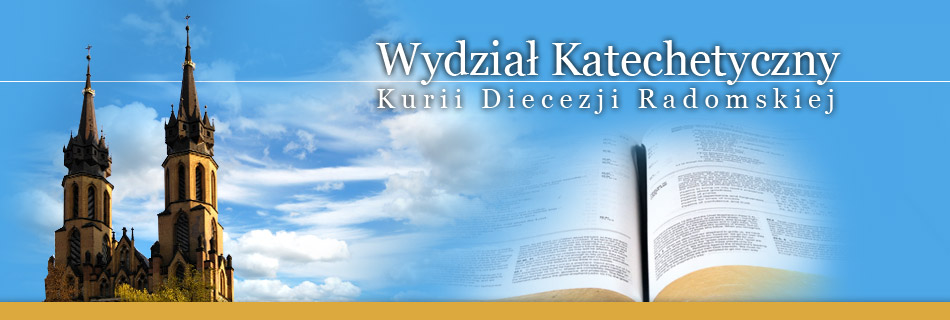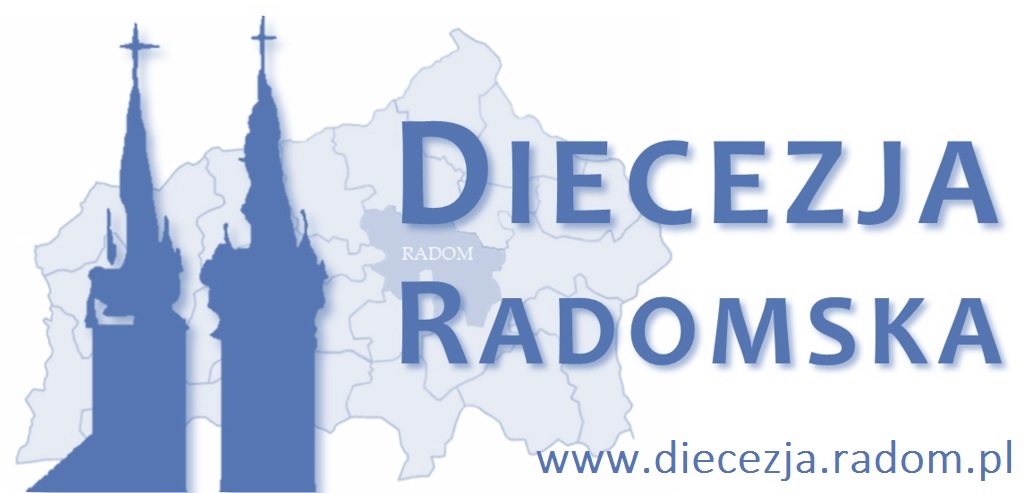Patriotic upbringing in catechesis as a natural duty of the Church
Keywords:
upbringing, patriotism, catechesis, the ChurchAbstract
In Polish tradition, patriotic upbringing has always been linked to religious formation. The Catholic Church has continually defended Polish patriotic attitudes, especially in times of oppression or captivity. As a result of contemporary changes in civilization and geopolitics, there occurs an increase of migration and an integration of nations. The process of globalization and europeanisation influences thus and changes attitudes regarding the idea of the fatherland, patriotism and of being Polish. In this context, the problem presents itself, whether the Church should continue to be engaged in the patriotic upbringing of Poles and whether the Pole-Catholic stereotype should still be accepted? Reasons for maintaining that it is the Church's mission to engage in patriotic upbringing issue from Polish historical experience, from sociological research (nearly 70% of Poles are of the opinion that the religious upbringing of children is an expression of patriotism) and from purely theological motivation. In the light of the last reason, patriotism cannot be an absolute value as this leads to nationalism, and even fascism. If God and divinely instituted law are the highest values of a nation, then a patriotism which develops in such a spirit will have a universal character. In taking upon itself patriotic upbringing, the Church ought to take into account the challenge of the present times, in order that it might be able to serve the formation of people aware of their national and spiritual roots, living their patriotism in a creative and conscious manner, and open in addition to co-operation and co-existence with representatives of other nations living in our "global village".
References
Bartyzel J., Patriotyzm, EK, t. 15, kol. 51.
Jan Paweł II, Pamięć i tożsamość. Rozmowy na przełomie tysiącleci, Kraków 2005.
Polkowska L., Wartości i antywartości w tygodnikach opinii. Komparatywna analiza dyskursu z elementami lingwistyki kwantytatywnej, Warszawa 2018.
Centrum Badania Opinii Społecznej, Rozumienie patriotyzmu. Komunikat z badań, Warszawa, listopad 2008, https://www.cbos.pl/SPISKOM.POL/2008/K_167_08.PDF (dostęp 1.06.2018).
Centrum Badania Opinii Społecznej, Między patriotyzmem a nacjonalizmem. Komunikat z badań nr 151/2016, s. 6-8, https://www.cbos.pl/SPISKOM.POL/2016/K_151_16.PDF (dostęp 1.06.2018).
Chrostowski W., Biblijne spojrzenie na ojczyznę, „Pastores” (2018) nr 3.
Kręcidło J., Czy Jezus był patriotą?, „Ateneum Kapłańskie” 110 (2018).
Rada ds. Społecznych Konferencji Episkopatu Polski, Chrześcijański kształt patriotyzmu, nr 4, http://episkopat.pl/chrzescijanski-ksztalt-patriotyzmu-dokument-konferencji-episkopatu-polski-przygotowany-przez-rade-ds-spolecznych/ (dostęp 1 czerwca 2018).
Kowalczyk D., Ojczyzna i patriotyzm w nauczaniu Jana Pawła II, „Ateneum Kapłańskie” 110 (2018) z. 3.
Rada ds. Społecznych Konferencji Episkopatu Polski, Chrześcijański kształt patriotyzmu, nr 1-2.
ATZINGER, Wiara-prawda-tolerancja. Chrześcijaństwo a religie świata, Kielce 2005.
Hanter E., Strzeżcie wiary. Przestrogi Wandy Malczewskiej dla Narodu Polskiego, „Nasz Dziennik” (2018) nr 265.
Downloads
Published
How to Cite
Issue
Section
License
Copyright (c) 2019 The Journals of Catechetical Formation

This work is licensed under a Creative Commons Attribution-NonCommercial-NoDerivatives 4.0 International License.






